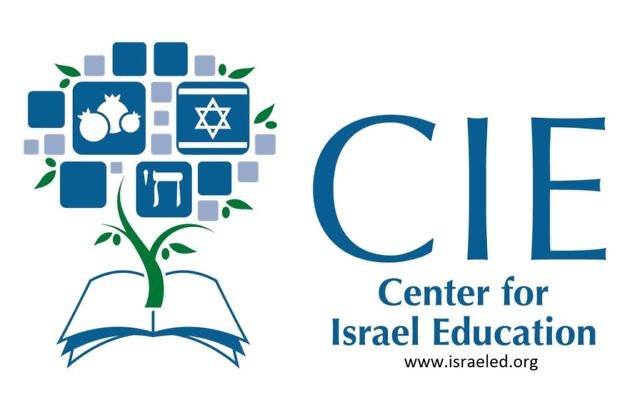Rabbis Are Links for the Connection to Israel
By Rabbi Ellen Nemhauser / Center for Israel Education
“We experience exile and mediocrity because we do not proclaim the value and wisdom of the land of Israel. … We must tell and proclaim to the entire world the land’s glory and its beauty, its holiness and its honor,” said Rav Abraham Isaac Kook, the Ashkenazi chief rabbi during the British Mandate Palestine.
For rabbis, the task of teaching and telling the story of the Jewish people is an inextricable part of our job. Rabbinic school includes the study of ancient through modern Jewish history, although sometimes not as much about Israel as we could have learned.
All history is revisionist history, and rabbis, like all of us, must find reliable material to remain current. This is especially true today.
Teaching Zionism (past and present) is challenging, sometimes to the point that rabbis avoid discussing or teaching Israel. The Center for Israel Education is helping rabbis talk about Israel while avoiding polarization.
Recent experience with rabbis shows that teaching contemporary matters in historical context and through a broad lens deepens their personal knowledge. Through interactive teaching tools, they can impart this deeper knowledge to their constituents.
Seven months ago, CIE launched a rabbinic seminar initiative to offer days of study to rabbis from a variety of religious backgrounds. At these seminars across North America, we unwrap documents and texts most had not seen. Participants tease out concepts and realities that frame such troubling issues as settlements, the territories, land for peace, the absence of negotiations and the U.S.-Israeli relationship.
We pay particular attention to providing content that can match the myriad needs of rabbis: sermons, classrooms, youth encounters, bulletin articles or at leadership meetings.
Through primary sources, CIE can better illustrate the emergence of varying Zionist ideologies as the modern state was imagined, built and continued to develop. Studying diverse viewpoints about what Zionism is from the 1890s demonstrates that the historical debate is not terribly dissimilar from discussions about what the Zionist state should be today.
We include liturgy, poetry, song, personal letters, diary entries and editorials in our seminars. When rabbis can access Zionist themes and readings, they feel a sense of ownership over a topic. They find these materials and many more on the CIE website (www.israeled.org) even after our day of study concludes. We also connect all our seminar participants through social media for further discussion and support.
Our interactive meetings have exposed the common difficulty rabbis face with teenage students as they prepare for college: How should a rabbinic leader help students and parents approach boycott, divestment and sanctions encounters and other anti-Zionist propaganda?
Can one parse anti-Semitism from either anti-Zionism or anti-Israelism? Is BDS really about only the territories, or is it about Israel’s existence?
The use of actual case studies revealing incidents students have encountered at colleges opens realistic conversations.
We have traveled to Toronto, San Antonio and Austin, Long Island, Chicago, and Miami and connected with more than 70 rabbis. The feedback is positive; rabbis are eager to use the resources we provide in person and on the CIE website to find ways they can amplify their engagement with Israel.
Rabbi Ellen Nemhauser is the rabbinic fellow at the Center for Israel Education.




comments